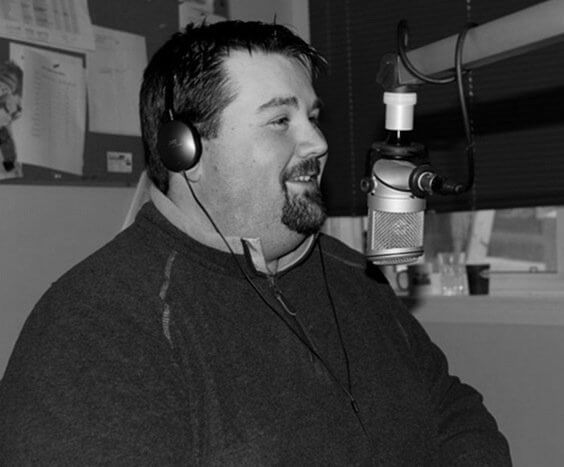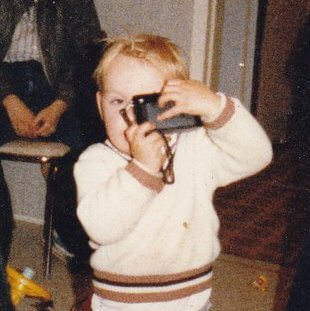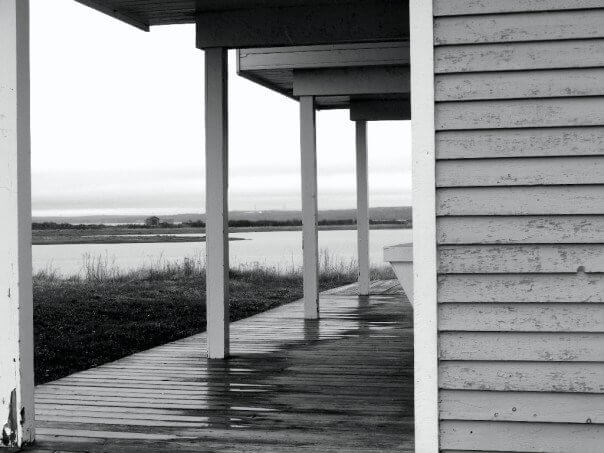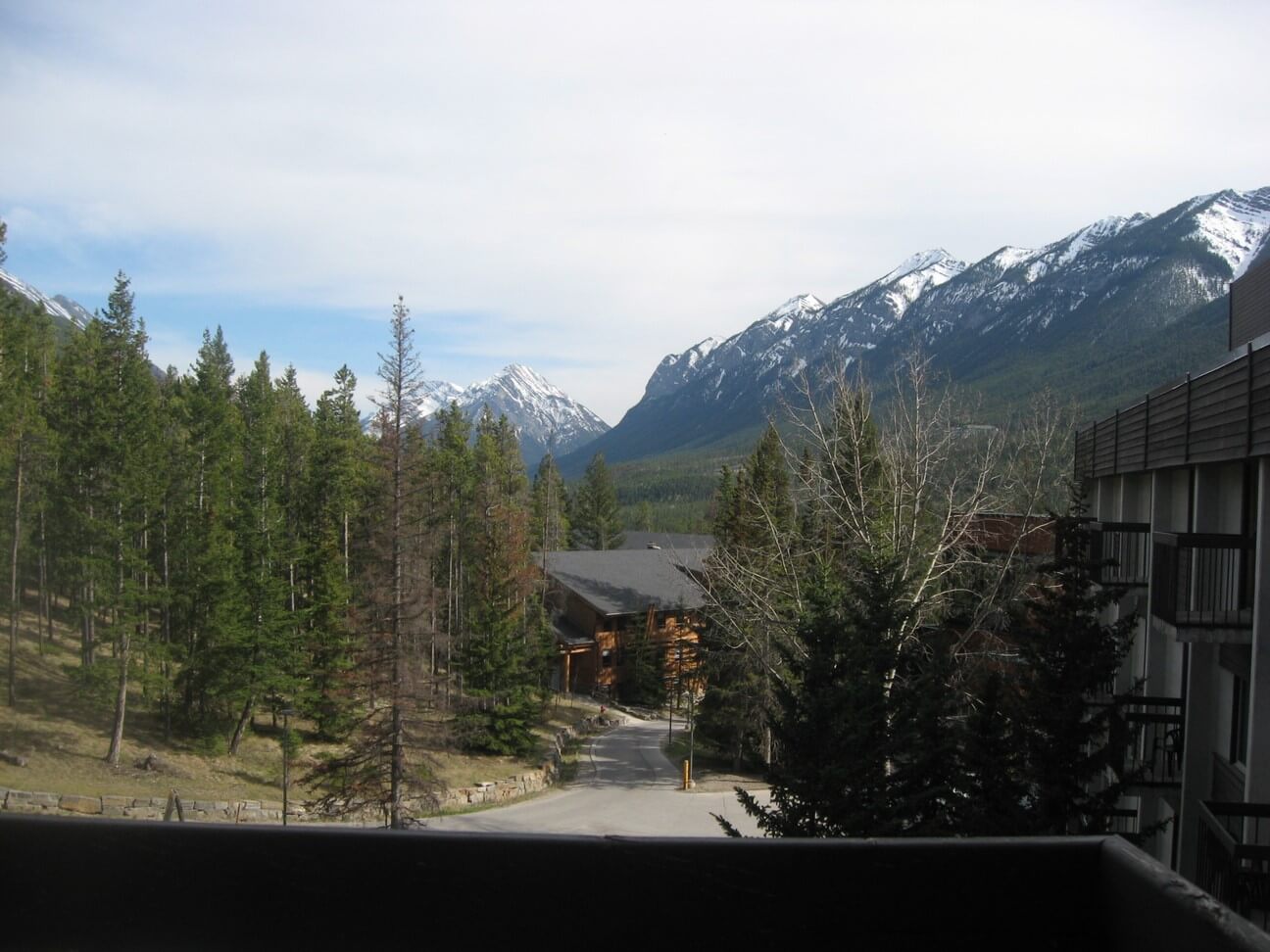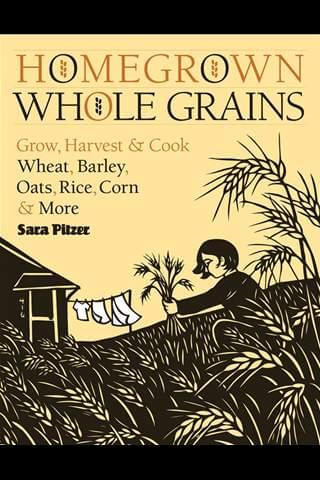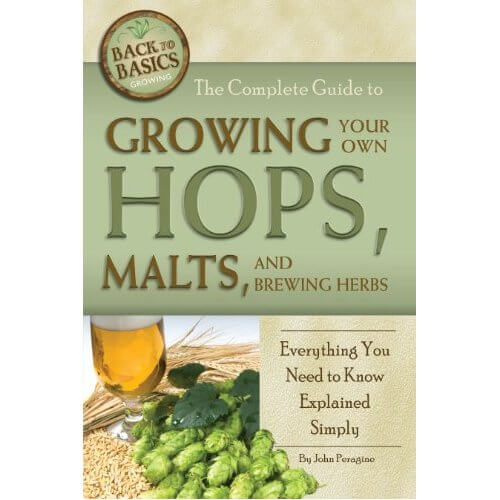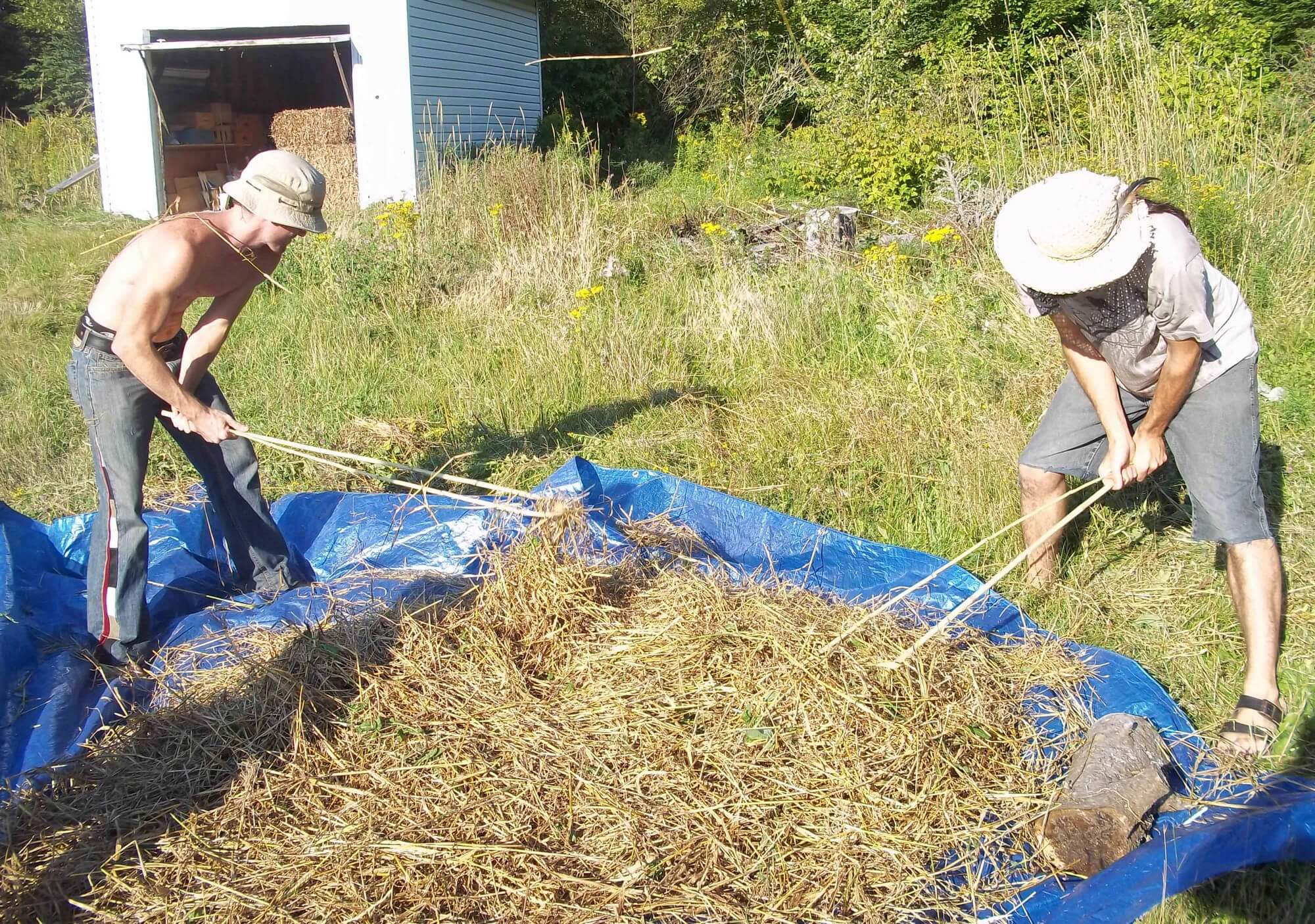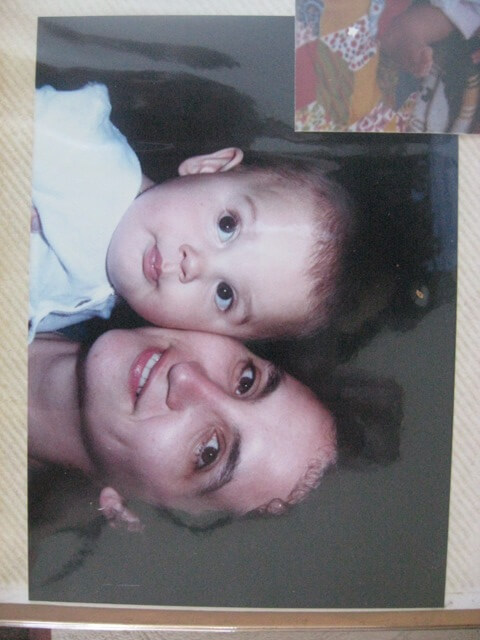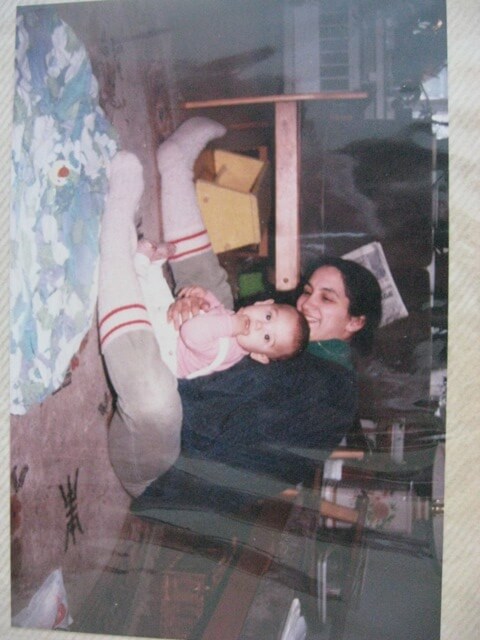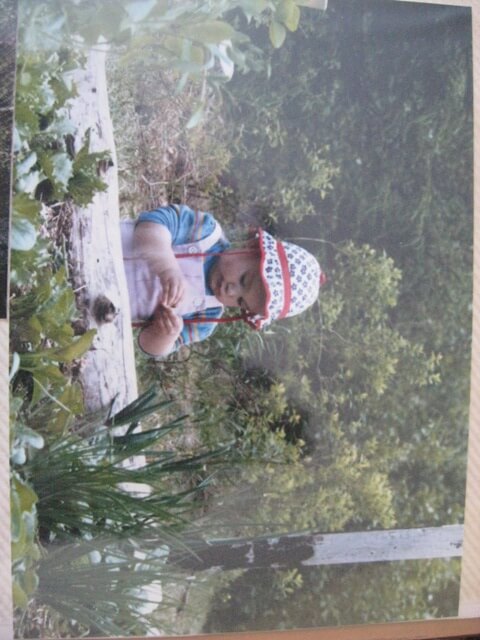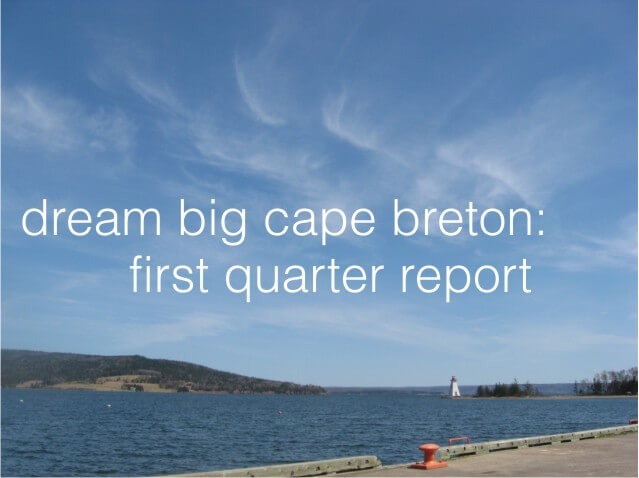
So I think this is a good time to do a bit of an update on how this project is going for me, so far.
In a word: awesome!!!!
(In case you’re a new reader and you want some background, you can check out this post from the beginning of the project, and this one from somewhere around month two.)
So, where are we at? Well, it’s been four months since I started this blog. The Facebook group that accompanies the blog and supports it (and which is also used by people to share information about stuff they’re up to) is only two months older than the blog.
Since January of this year, when the blog started, I have found that it has picked up momentum quickly, and I think that’s down to:
- the modern magic of social media (people can share info with each other across great physical distances, very quickly!)
- my own hard work and persistence (when I love a subject, I’m like a dog with a bone)
- other people’s enthusiasm for Cape Breton (it’s a fantastic subject – so much material!)
So as I type this, it’s nearing the end of May 2012. Looking back at Dream Big Cape Breton so far, this is what I’ve learned.
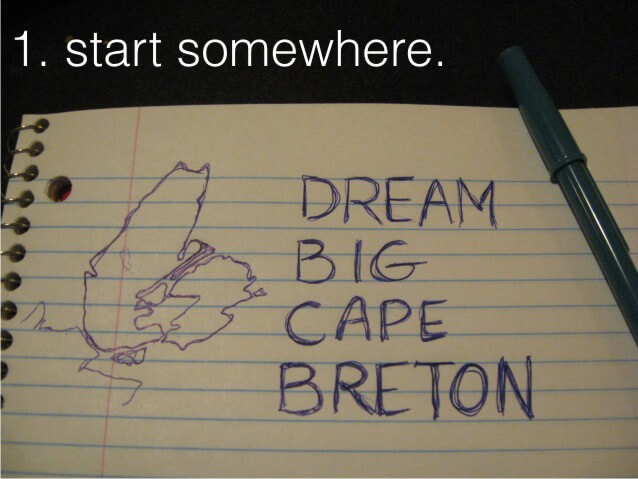
Just do it. Just start it. Whatever your project is. You have to start somewhere.
This is advice that all creatives hear a lot, but that’s because it’s true. You can sit around planning something for a long time, filling notebooks with ideas and doing your homework, but the part where you strike the match, so to speak, is when you take a risk and give it a try.
And that’s the part that makes all the difference. So just do it. Because you can plan forever and still not know exactly how something will turn out – that’s the mystery factor. Only by doing it, trying it, will you learn, and grow, and make it even better.
Honestly, I had no idea how things were going to go – people could have hated it! But I took a risk, started the darn blog, and wrote some posts. I approached some people to sit down and chat with me. And when I look back on the last three months, they were amazing and my risks paid off. I’ve done two speaking engagements, written some print articles, and been profiled for another publication (yet to be published – I’ll share when it is). But from here, looking toward the future? I have no idea how things will go! But, I’m gonna keep on doing this anyway.

Planning and organization are important too. (But don’t get caught up in other people’s systems. Your system is tailored to you.)
I’m not a dayplanner sort of person. I need to see the whole month at a glance. So I use a free 12-month wall calendar that my Credit Union gives out every year. It’s too wide for my liking so I used the paper cutter at the marina where I work, to chop part of it off (the part with ads and filler info about credit unions, not the actual calendar itself). I fold it over each month. I write in pen and then scratch things out. Sometimes I use whiteout. Sometimes I don’t. Each used-up month ends up looking pretty messy and full of ink scratches, but that’s OK. The system works for me.
If I have a day that’s going to be busy, I will take a separate piece of paper and write out that day on it, loosely sketched, so I can keep the various events organized and make sure I leave enough time for stuff.
For the blog, I’m still working on an ideal method of organization, but I’m beginning to suspect there isn’t one. At the moment I’ve got notebooks that I fill with ideas. I did try and plan out the blog posts to the day of the week, but that didn’t really work out well – life happened. I wouldn’t have time to write on Tuesday, so there goes my plan – I’ve got to bump Wednesday’s post behind, etc. So now I allow myself more freedom – I post what I want, when I want to, more or less.
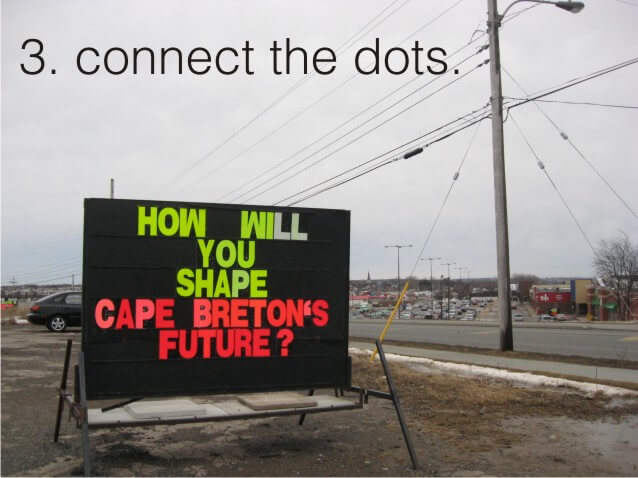
My hunch – that there IS a lot of stuff happening here – paid off.
There is so much material on Cape Breton island for me to write about, I have enough to last me til I’m sixty years old!
The problem with Cape Breton is the size of it. It’s pretty big. People in Bay St Lawrence can’t easily grab coffee or meet up with people in Baddeck, Sydney, Gabarus, or wherever. From the middle of the island, where I live, it takes roughly 3 hours to drive to the outermost towns in any direction. So it’s hard to get a sense of what’s happening in other communities, and most humans tend to make assumptions, like “If I haven’t heard about it, it’s not happening.”
But through this blog and the Facebook group, and through behind-the-scenes projects that I’ve been invited to participate in, like focus groups, I am starting to see a bigger picture of the island, and see that there actually are quite a lot of motivated, energetic, bright and friendly people working on important issues. Issues like gay rights, or local food, or poverty, or mental health. There are people moving here, there are people staying here and starting businesses. I hope you’re able to see what I’m seeing – this bigger picture. Connecting the dots.
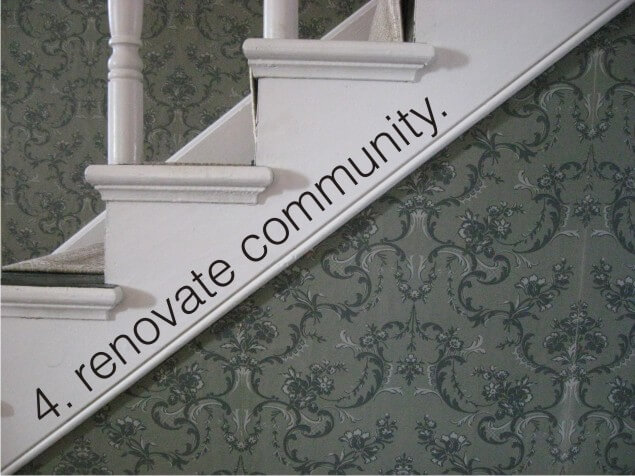 In activism or just in plain old conversation, we talk about the need for “building community.” But I think a better metaphor is “renovating community”.
In activism or just in plain old conversation, we talk about the need for “building community.” But I think a better metaphor is “renovating community”.
Our community is already here. It’s an old house. It’s got good bones. It’s had a lot of memories. But it’s storm battered and maybe there are termites chewing at the foundations. It needs work. But given that work, the house could shine, show off its history, and yet use modern technology to provide future folks with a great place to call home.
I don’t know if it’s just me being territorial or what, but often people who talk about “community building” get my back up (maybe because they tend to have moved here from away). I tend to feel defensive, like “what, the community that IS here isn’t good enough?”
Or maybe I’m just too literal about the “building” metaphor and I need to relax. Maybe!
Anyway, this reaction of mine to that metaphor teaches me to try and see what is already here. See the people who are already working on the issues that interest you. Don’t reinvent the wheel, support them, join forces with them.
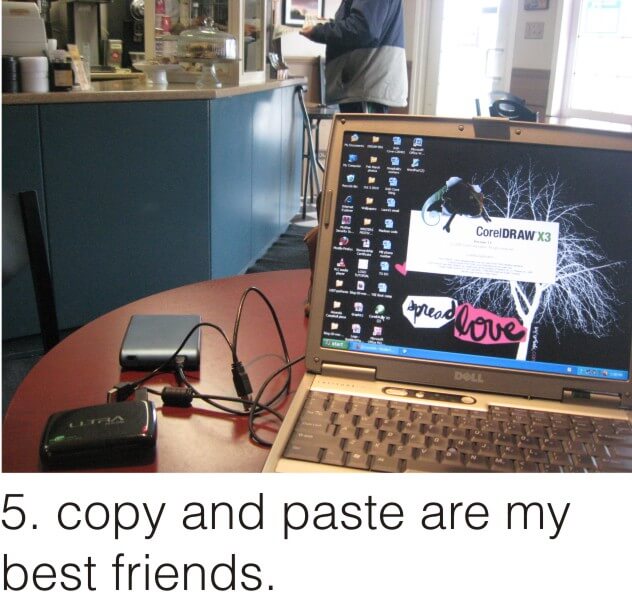
I write a lot of emails, and messages on Facebook. A lot of the time I’m writing the same thing – asking someone if I can do an interview or Q+A with them, or telling them about my blog. So I have a file on my computer desktop with a number of form letters in it. Copy, paste, then tweak with appropriate details. Efficiency fascinates me – the ways we can learn how to do things better. I’m not always the best at actually being efficient, but I do enjoy it.
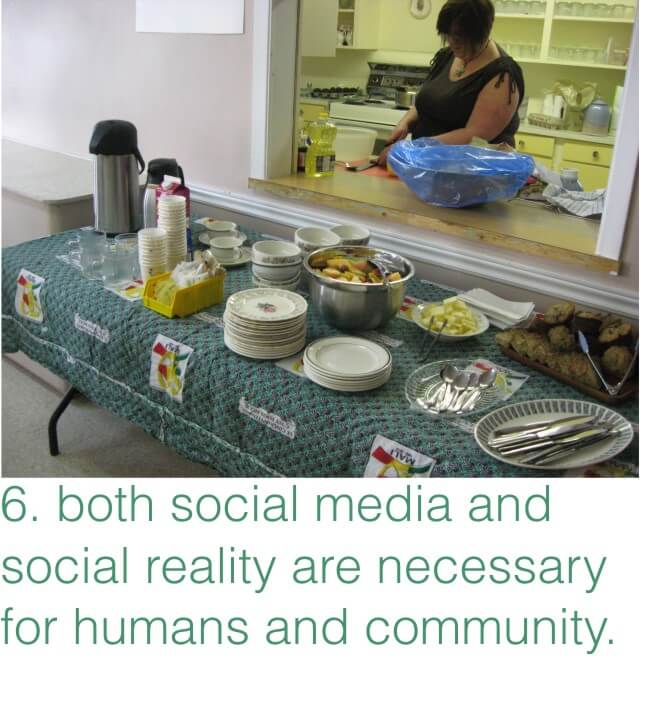 Facebook is great – for sending quick messages, for collecting names and disseminating information quickly. For sharing content with like-minded people. But, not everyone uses Facebook. A lot of older people don’t, and a surprising number of younger people aren’t interested in it either, or just don’t use it as often as, say, I do (I check it once an hour, on average).
Facebook is great – for sending quick messages, for collecting names and disseminating information quickly. For sharing content with like-minded people. But, not everyone uses Facebook. A lot of older people don’t, and a surprising number of younger people aren’t interested in it either, or just don’t use it as often as, say, I do (I check it once an hour, on average).
So community organizers need to remember that there are a lot of other ways to get the word out. And, human beings are still way better at communicating when they’re looking at another person’s face in real time, than they are at any other way of communicating. We still trust it the most. We probably always will. So, making a contact in person, being able to shake their hand, look them in the eyes, smile, share a meal, is worth more than connecting with someone on Facebook.
But Facebook has its uses, too. I accept that now, and embrace it.
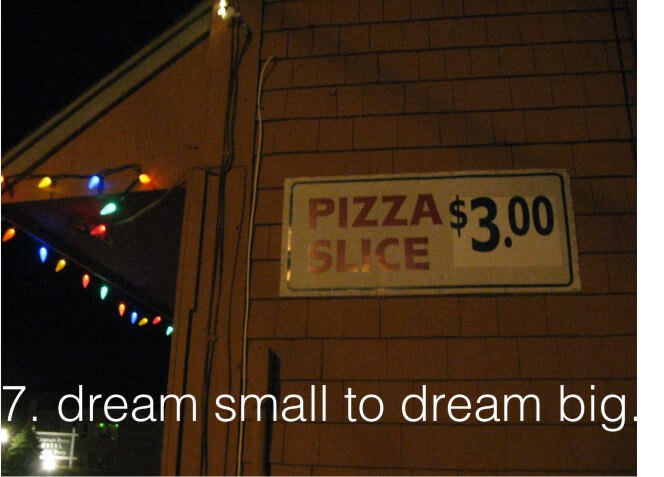
I get easily frustrated. I want to change the whole world. I wish it could happen now. I see a huge, broken system and I have big dreams about what our sustainable life could look like. But what steps are between here and there? There are far too many to accomplish in a short period of time. So we need to break it down.
My boyfriend Adam taught me a great metaphor (especially for someone who says he’s not creative) – that of a jigsaw puzzle. Your vision or your big dreams are the whole puzzle. But you don’t even have all the pieces yet. The pieces are things yet to be discovered. They are things like – a farm that hasn’t been started yet. The relationships with key people that you haven’t made yet. So you’ve got to start by collecting pieces. Don’t beat yourself up about the puzzle being finished, just work on finding those pieces.
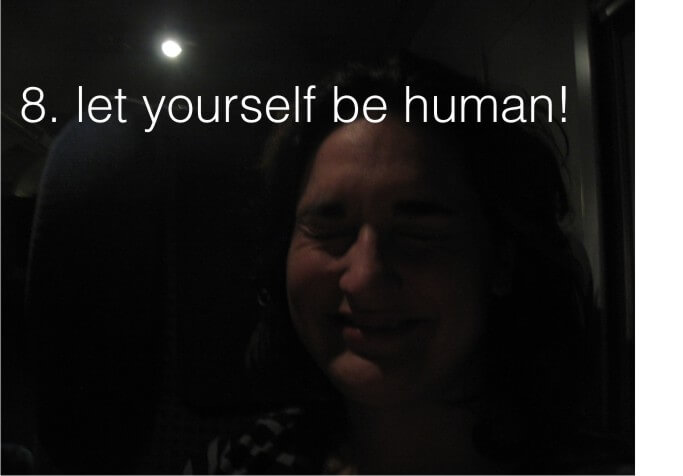
Know your limits and allow yourself to be human (don’t take on too much, and work on saying NO).
Again, I get easily frustrated and I mentally bite off more than I can chew. Then I get upset when I have to pare things back. This is a lesson I learn over and over and over again. Each time it comes around again I have to laugh at myself. “Oh, not this lesson again!?!” But it does get easier. I do learn. When I’m scheduling things, I’m learning to leave big white spaces in my calendar and not put anything in them.
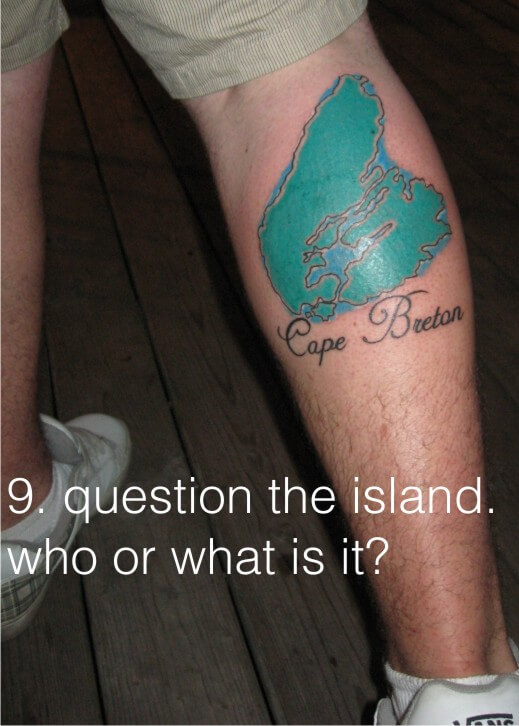
Cape Bretoners are almost ridiculously proud of this island.
“We are an island, a rock in the sea.” And we are all those sea shanties and melancholy songs of loss and leaving. But if WE are this place, and we want to figure out what our future is, then it stands to reason to ask… what is this place, anyway?
I inadvertently ask myself this every day, since starting this blog.
Here’s why: because I am interviewing people from so many different walks of life, I have to mentally put myself in their shoes, so I can ask pertinent questions. So I try and see Cape Breton from their eyes. And the view changes depending on who is looking! A person who has five generations of Scottish roots going back, sees Cape Breton differently than someone who just moved here from, say, BC, or India.
The only thing that really remains true to everyone is that it’s an island. And then the history: first it was the home of the First Nations, then it was a colony, and then its own province (kind of, sort of), and then it was annexed to Nova Scotia. And, it’s almost too big to really be a cohesive community on its own (like, say, your hometown is, or Fogo Island is). But, it’s got an identity, all right. Some folks I’ve talked to say they identify as Cape Bretoners first, then Canadians. I know I do!
I do find myself asking if we are actually that different from the mainland.
For example, we’re friendly, so are they. We’ve got out-migration, so do they. Parts of the Nova Scotia mainland have the same historical mix of settlers (Scottish Highlands, French acadian, English). And when you take a photograph of a scene in Cape Breton, it could easily pass for anywhere else in the Maritimes. (Except for the big famous landmarks like the Highlands or the Causeway.)
And if the island of Cape Breton isn’t actually physically, geographically, historically, all that different from the neighbouring lands, then what we have is an IDEA of a place. You know, Cape Breton as the ‘land outside of time’, or as being crazy beautiful, or of our important history.
But I think it’s time for us to really consider what that idea is. Is it true? Do you *have* to live here? Do you *have* to move away? Is Cape Breton actually different from anywhere else in the world?
Like my friend Daniel Harris said, “Cape Breton’s physical geography and culture are unique and beautiful, and I feel plenty of nostalgia for both. But the world is bursting with other unique and beautiful places.”
I don’t have a yes-or-no answer to any of this, by the way. But it’s what’s been filling my brain these past four months. And what will no doubt fill it for many months to come!
As always, thanks SO MUCH for your support: for sharing my blog with your own networks, for writing Q+As for me, and of course for reading, and leaving comments. Having you there to write to means a lot to me – in fact, it means everything!


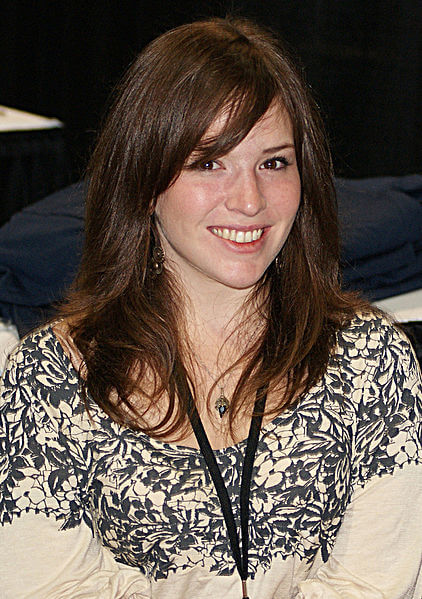

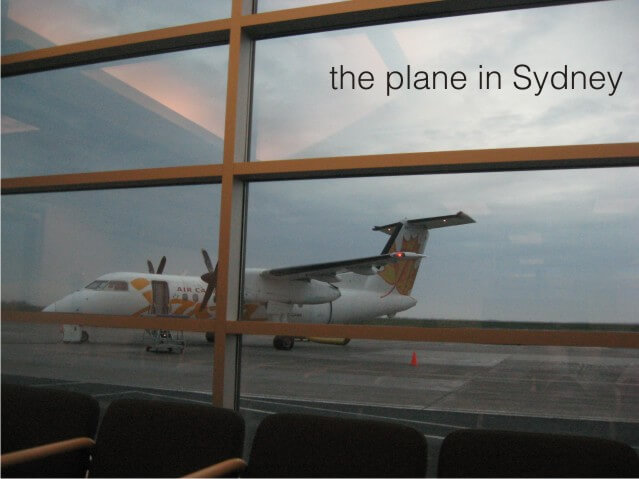
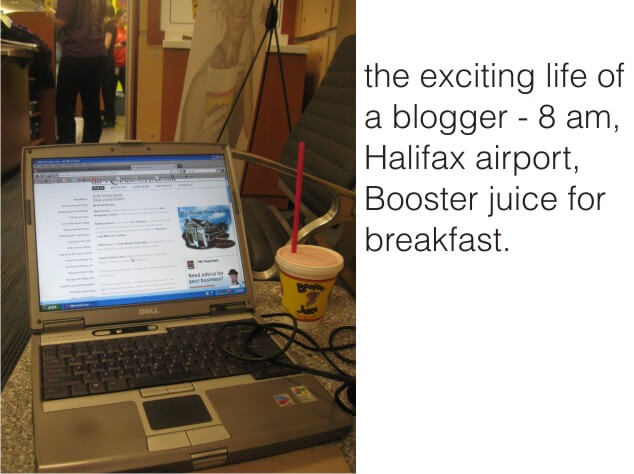
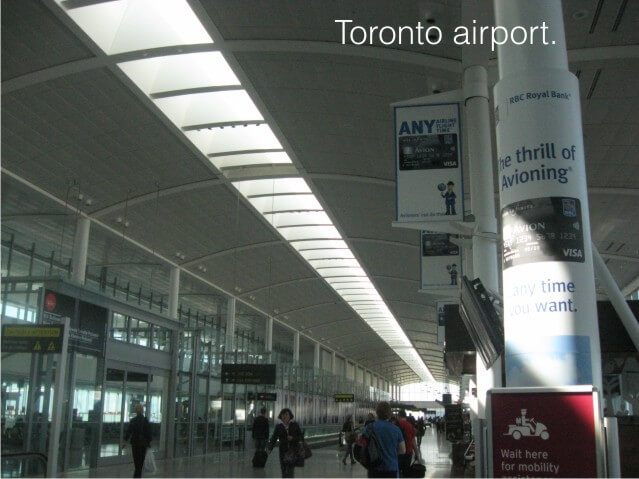
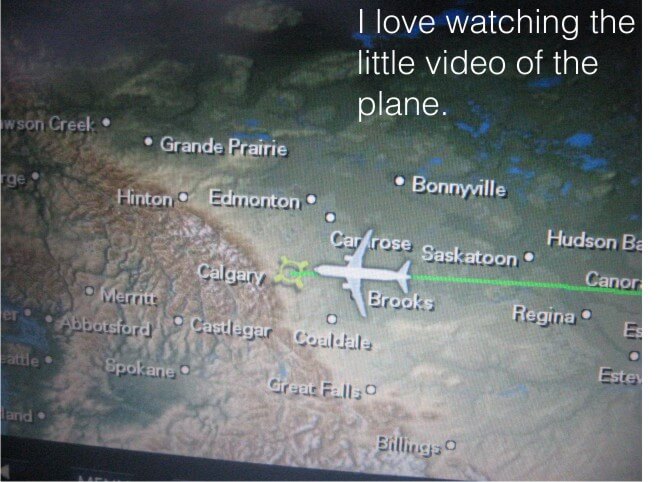
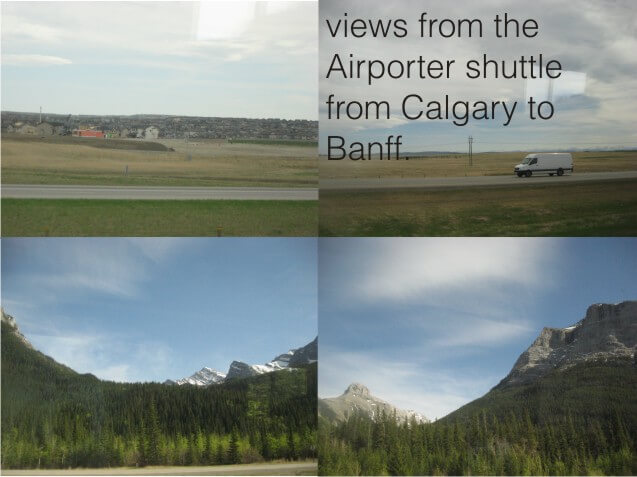
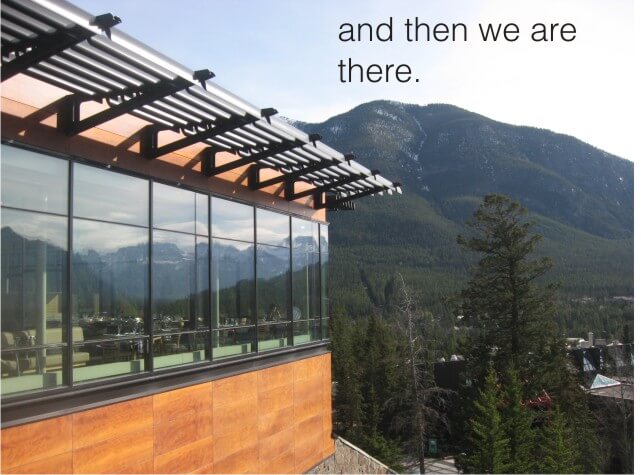

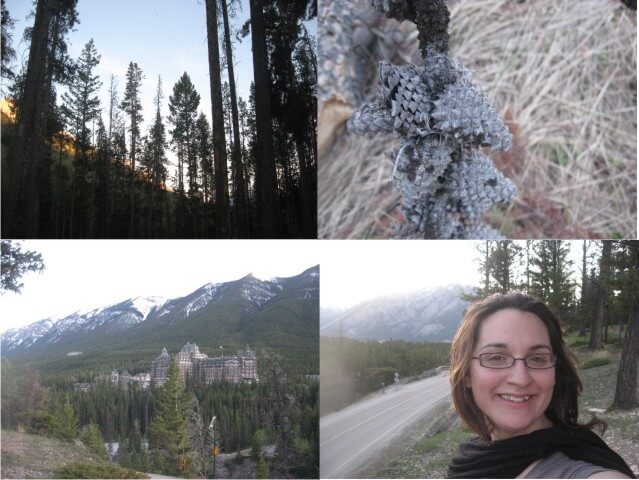
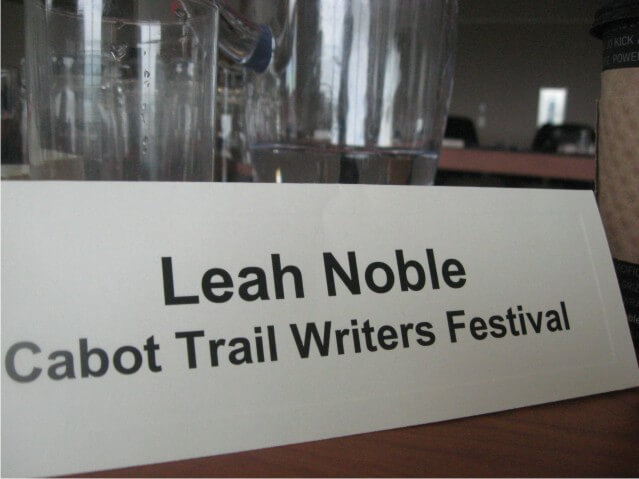
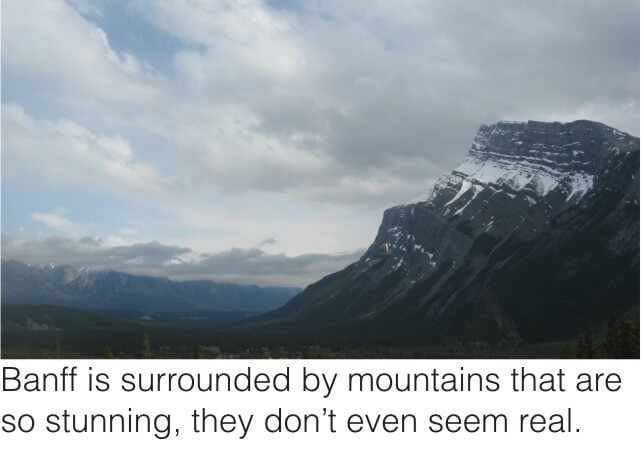






 Facebook is great – for sending quick messages, for collecting names and disseminating information quickly. For sharing content with like-minded people. But, not everyone uses Facebook. A lot of older people don’t, and a surprising number of younger people aren’t interested in it either, or just don’t use it as often as, say, I do (I check it once an hour, on average).
Facebook is great – for sending quick messages, for collecting names and disseminating information quickly. For sharing content with like-minded people. But, not everyone uses Facebook. A lot of older people don’t, and a surprising number of younger people aren’t interested in it either, or just don’t use it as often as, say, I do (I check it once an hour, on average).


